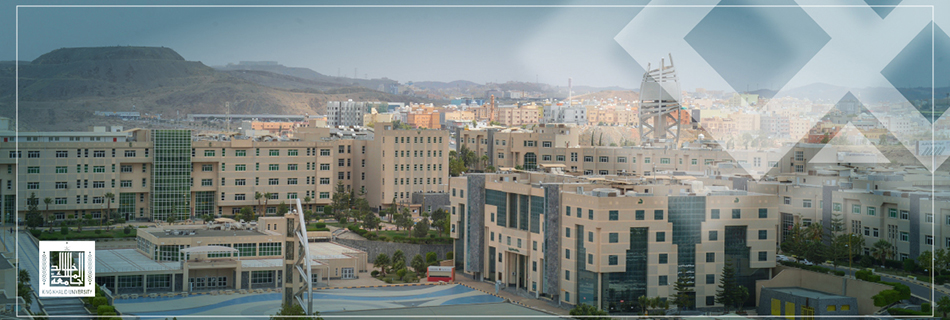A research team from Dentistry College detect its study research for diabetes people

A research team from Dentistry College at King Khalid University conducted a research study, one of its kind in the world, consisting of using stem cells, and platelet plasma, to improve the bone fusion of dental implants and measure the viability of these implants with the diabetes patients
The research study was completed after several experiments that lasted for two years, the research team used a number of New Zealand rabbits, after injecting them with diabetes, in addition to another healthy group.
Dr. Nabih bin Abdullah Al-Qahtani, The research team leader, faculty member and Vice-Dean for Postgraduate Studies and Scientific Research, thanked the University Rector His Excellency Prof.Faleh bin Reja-Allah Al-Solami for his support, keenness and interest in studying and everything that would take the university into an advanced level, pointing out that the study aims to demonstrate the effect of stem cells on bone fusion with implants, the extent of wound healing and the level of fusion for diabetic patients.
After the rabbits had diabetes, they were divide into three groups that include the infected sample across two groups, in addition to the healthy group; then extraction the rabbits' teeth in the three groups, and dental implants for them.
Dental implants were also implanted for the healthy group with stem cells, as well as dental implantation for the two diabetic groups, one of them with stem cells with the use of platelet plasma technology, and the other without cells, where the study proved through CT scans that the results of implantation of healthy and injured rabbits using stem cell transfer and plasma technology are very stimulating for bone fusion in the affected and healthy samples, this confirms that people with diabetes have very excellent bone fusion and wound healing when using stem cells and plasma.
Noteworthy that this study is the start of a number of studies and research that the team seeks, to serve scientific research and dentistry in particular.
